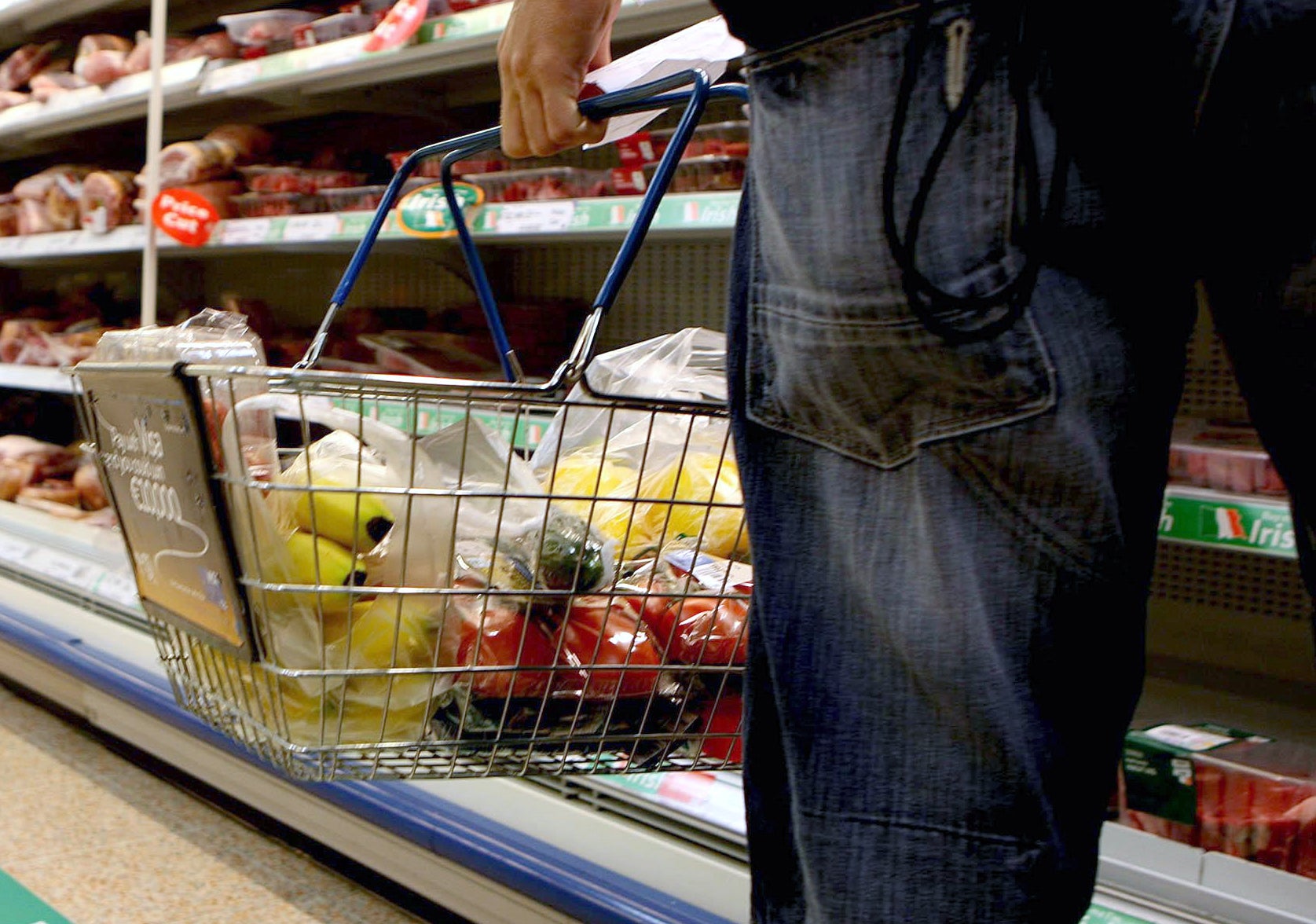Shoplifters could be handed prison sentences under revisions to crime bill
At present, a police caution can be given as an alternative to prosecution
Shoplifters committing repeat offences could be handed prison sentences under new government plans.
According to reports, the government is working on plans that would force judges to impose jail time when sentencing repeat offenders for shoplifting, burglary, theft and common assault. The terms are to be covered in revisions to the crime and justice bill.
At present, shoplifting does not necessarily equate to time in prison across England and Wales. If the goods are worth less than £200, the maximum sentence is six months in prison. Anything over £200 could facilitate a maximum sentence of seven years.

However, a police caution can be given as an alternative to prosecution, though this will still be accompanied by a criminal record.
In March 2023, Office of National Statistics figures for England and Wales reflected a 22 per cent rise in shoplifting in the year to September. Elsewhere, the British Retail Consortium figures suggested a similar trend, reflecting 7.9 million cases last year. This represented five million more than in 2016/17.
Elsewhere, a 2022 study by the Centre for British Retail noted that shoplifting cost the British economy £660m between 2021 and 2022. However, the British Retail Consortium found that, in March 2023, shop prices were 8.9 per cent higher than one year prior.
“Shoplifting strikes at the heart of local communities and we expect police forces to take this seriously – deterring this kind of crime but also catching more offenders”, a Home Office spokesperson told The Independent.
“We have delivered more police officers in England and Wales than ever before and invested a record of up to £17.6 billion in 2023/24 into policing, including for more visible patrols in our neighbourhoods and better security such as CCTV and alarm systems.”
It added that throughout the Police Uplift Programme, forces received £700m in 2020/21, £425m in 2021/2022 and £550m in 2022/2023.
Meanwhile, campaigners have slammed the government’s plans to introduce facial recognition cameras to crack down on shoplifting, labelling the move “dangerously authoritarian.”
"Live facial recognition is a dystopian mass surveillance tool that turns innocent members of the public into walking ID cards”, Mark Johnson, from Big Brother Watch, told the BBC. The organisation is dedicated to campaigning for civil liberties.
"Deploying this face-scanning surveillance to track the public is a dangerously authoritarian step that aligns the UK with the likes of Russia and China.
“Rather than promote its use, the government should follow other liberal democracies around the world that are legislating to ban this Orwellian technology from public spaces."
Join our commenting forum
Join thought-provoking conversations, follow other Independent readers and see their replies
Comments




Bookmark popover
Removed from bookmarks